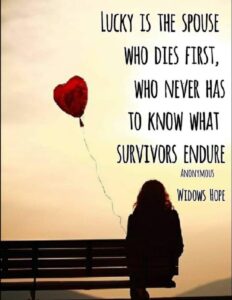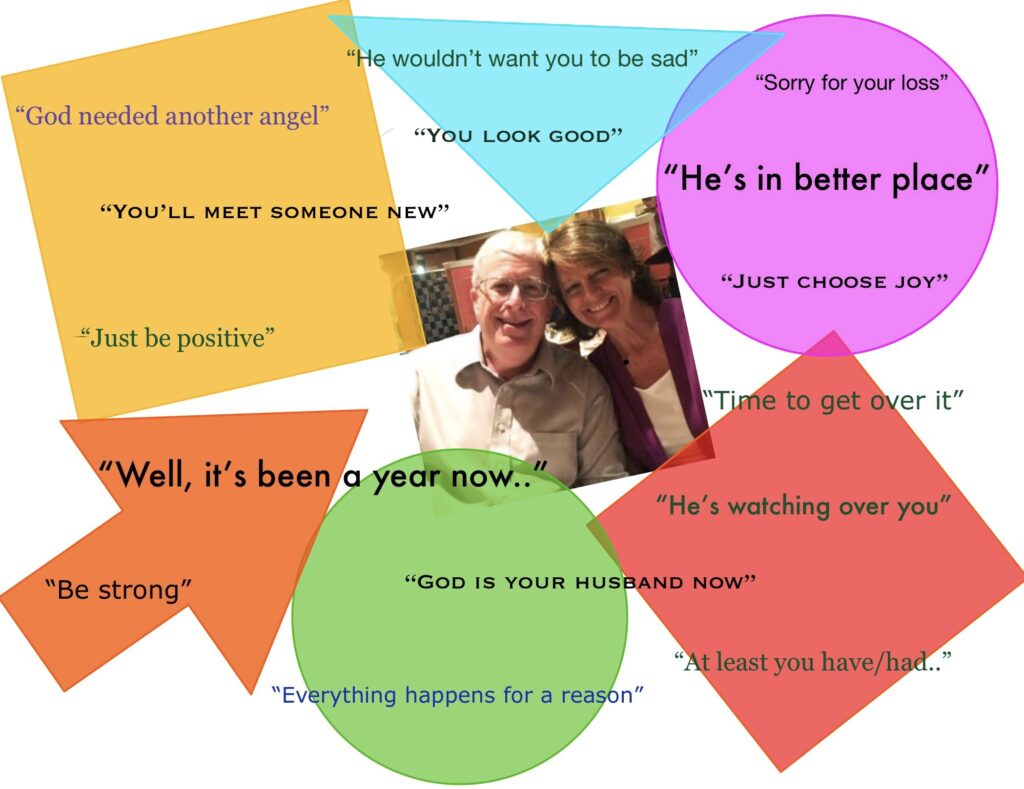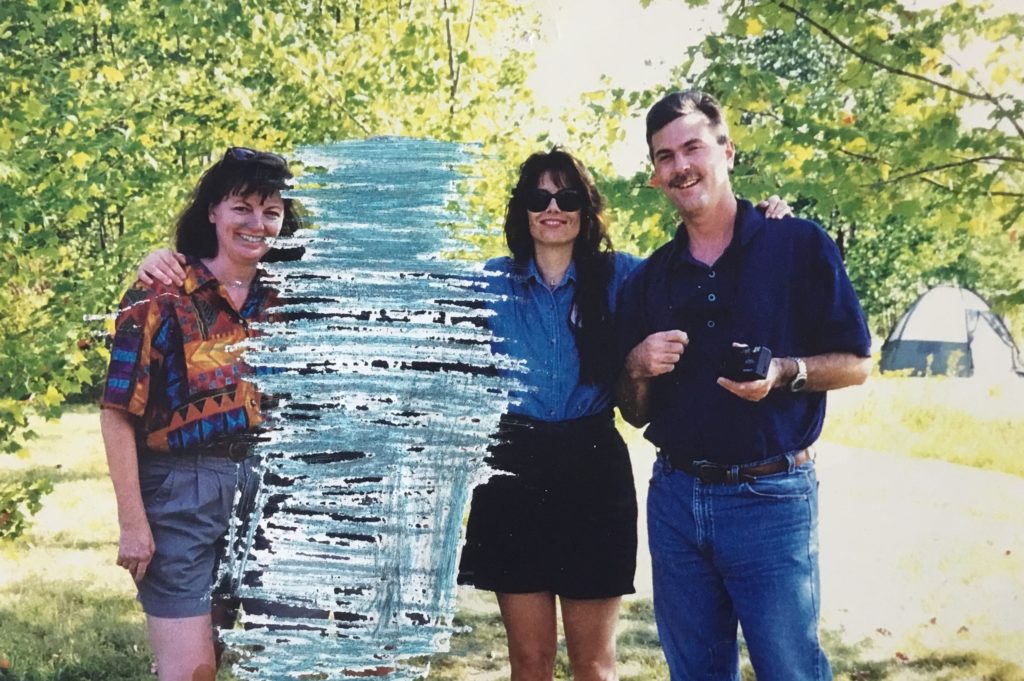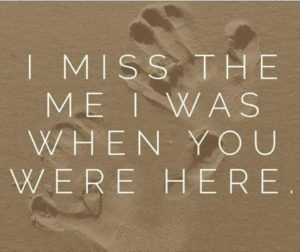 I admit, I‘ve run out of words.
I admit, I‘ve run out of words.
Well, ‘run out’ might not be the exact terminology. Words still exist, but they are a continuous whirlwind of thoughts, crashing into each other and shattering in uselessness to the bottom of my brain. I‘ve been asked, why I‘m not writing and posting regularly like I was. When you can’t make sense of anything, expression can be difficult.
Everything I once thought I knew, believed, subscribed to, seems trivial and irrelevant. All the knowing-of-things I once held dear, is nothing but the fluff of a spent dandelion blowing in a tornado.
I need to drown out the noise of this world, the constant chatter both past and present, ricocheting off the walls of my heart and mind. So many words and ideas others have spoken into me since childhood. Piled deep and high. I’ve been stripped inside to the nakedness of my soul and exhausted by years of ideas, opinions and dogmas I have heard and still hear.
Confession time? Complete honesty? All my cards laid out on the table? I‘m too tired to figure it out anymore. Too broken to put me back together. I‘ve reached the end of myself and I don’t care how unspiritual it looks. The mask is off. I can’t fake it ‘til I make it. Can’t stomach the cliches and pat answers I always thought were truth.
I am asking God to help me understand Him in ways I never have before. I am begging my Father to reveal Himself to me. Not from the interpretation of others. And not from my own contrived misconceptions of who He is. But for Himself.
What about Him do I not know? What about Him do I not understand? If I’m going to move forward from here I desperately need to hear His voice and understand His heart.
For me.
There’s little to say right now. I must be still and learn to know He Is God. I‘m like Mary, who after the angel appeared to tell her she would bear God’s Son in human flesh, pondered all these things in her heart.
Or Job, who after striving with so much sorrow before his Creator, put his hand over his mouth and shut-up, realizing he had spoken things without knowledge, from the limits of human reasoning.
Or Paul, who considered everything he had ever accomplished prior to knowing Christ, the power of His resurrection and fellowship of His suffering, nothing but garbage. Manure. Useless.
The encouraging news in the dark night of my soul is this; even the dandelion, that blooms, withers and blows away, is rooted in solid ground and when the winter is over, lives again. Even the garbage heap can be recycled into new usefulness. Even the manure pile is tilled back into the earth to enrich a new harvest. In the fullness of time and the proper season of renewal, all can be restored.
So in this season, I exist on what I still know that I know to be true. God is good. He is faithful. He does not abandon. And He loves me.
At present little else matters to me. It is all the words I have. And it is enough.
For now.
Psalm 46:10 “Be still and know that I Am God.”
Luke 2:19 “But Mary kept all these things, and pondered them in her heart.”
Job 40:4-5 “I lay my hand over my mouth. Once I have spoken, but I will not answer; Yes, twice, but I will proceed no further.”
Job 42:3 “I have uttered what I did not understand, Things too wonderful for me, which I did not know.
Philippians 3:8-10 “ Indeed, I count everything as loss because of the surpassing worth of knowing Christ Jesus my Lord. For his sake I have suffered the loss of all things and count them as rubbish, in order that I may gain Christ and be found in him, not having a righteousness of my own that comes from the law, but that which comes through faith in Christ, the righteousness from God that depends on faith— that I may know him and the power of his resurrection, and may share his sufferings, becoming like him in his death.”
Lamentations 3:22-24 “The steadfast love of the Lord never ceases; his mercies never come to an end; they are new every morning; great is your faithfulness. “The Lord is my portion,” says my soul, “therefore I will hope in him.”
Matthew 28:20 “I am with you always, even unto the end of the world.”
 Would Mike want me to be happy? Of course. One of his goals in life was to keep me happy (and I him). But neither of us could ever know how hard it is to be happy without the other.
Would Mike want me to be happy? Of course. One of his goals in life was to keep me happy (and I him). But neither of us could ever know how hard it is to be happy without the other.









